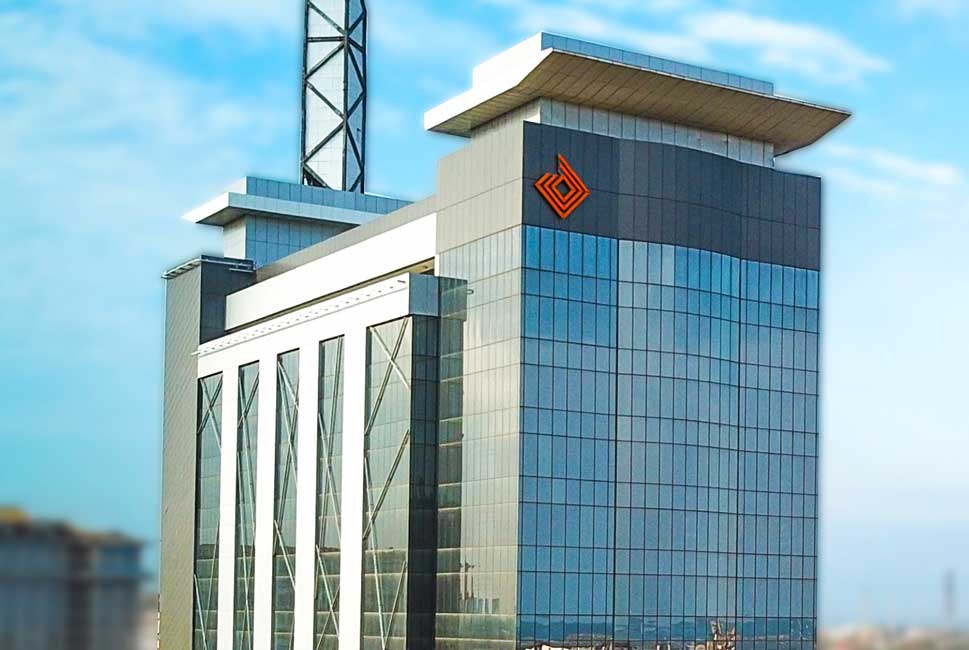
The Nigerian government through the ministry of Information and National Orientation, has said that it is not unaware of the level of anxiety created by the designation of the country as a country of particular concern, CPC, by the US government and threats of military invasion by President Donald Trump.
The Minister of Information and National Orientation, Mohammed Idris, said that the federal government has always recognized the security challenges that had beset the country since 2009 with the advent of Boko Haram terrorists.
He said that from the outset the government and people of Nigeria have taken note of the position of the United States government on Nigeria over alleged violations of religious freedom.
The Minister noted that Nigeria faces longstanding security challenges that have impacted Christians and Muslims alike, adding that President Tinubu is more than determined to confront and end these security challenges.
On the success recorded by the government in the area of security since May 2023, Idris said that “Nigeria’s security agencies have neutralized more than 13,500 terrorists through sustained operations and arrested over 17,000 suspects, who are now undergoing interrogation or prosecution for various offences.
The Minister, who addressed the press in Abuja on Wednesday, added, “Also, more than 9,800 victims abducted by terrorist elements, including women and children, have been rescued and reintegrated.
“It is important to restate that the menace of terrorism in Nigeria does not exclusively target any religious or ethnic group.
“As in many parts of the world, extremism is mindless, blind to religion, tribe, or class. It is a war against all peace-loving Nigerians and against the unity and progress of our great nation.
“Therefore, any narrative suggesting that the Nigerian State is failing to take action against religious attacks is based on misinformation or faulty data.
“Several leading personnel of the very dedicated Armed Forces of Nigeria and the country’s intelligence agencies are Christians, working and succeeding alongside their Muslim colleagues in the fight against extremists and criminals waging war against our country and values.
“Also, Nigeria’s security challenge cannot be fully understood without acknowledging the volatile security situation in the Sahel region—and complicating factors such as the collapse of Libya over a decade ago, flooding the region with terrorist elements, extremist groups, and illegal weapons.
“The regional dimension underscores why Nigeria continues to champion greater cooperation within ECOWAS, the African Union, and international partners – including the United States to stabilise the Sahel and cut off the transnational lifelines of terrorism.
“The other issue is the socio-economic dimension of the conflict in the North-Central, especially in Plateau and Benue State, exacerbated by age-long farmers-herders violent clashes made worse by climate change and desertification.”


